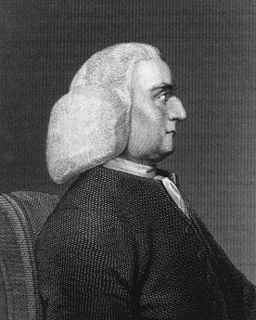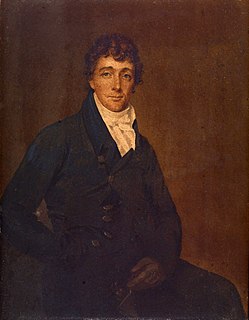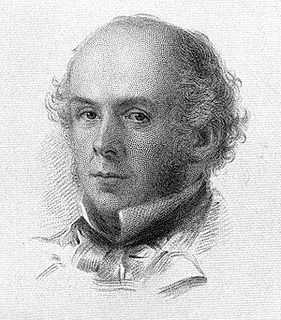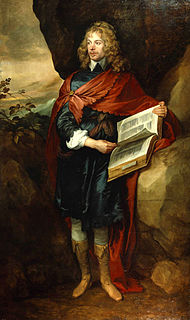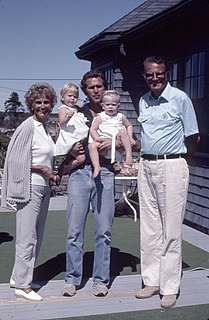A Quote by William Wordsworth
Tis said, fantastic ocean doth enfold The likeness of whate'er on land is seen.
Related Quotes
When winds are raging o'er the upper ocean And billows wild contend with angry roar, 'Tis said, far down beneath the wild commotion That peaceful stillness reigneth evermore. Far, far beneath, the noise of tempests dieth And silver waves chime ever peacefully, And no rude storm, how fierce soe'er it flyeth Disturbs the Sabbath of that deeper sea.
But whate'er you are That in this desert inaccessible, Under the shade of melancholy boughs, Lose and neglect the creeping hours of time; If you have ever looked on better days, If ever been where bells knoll'd to church, If ever sat at any good man's feast, If ever from your eyelids wiped a tear, And know what 'tis to pity and be pitied, Let gentleness my strong enforcement be. . . .
Oh there is blessing in this gentle breeze, A visitant that while it fans my cheek Doth seem half-conscious of the joy it brings From the green fields, and from yon azure sky. Whate'er its mission, the soft breeze can come To none more grateful than to me; escaped From the vast city, where I long had pined A discontented sojourner: now free, Free as a bird to settle where I will.
Dear God, I prayed, all unafraid (as we're inclined to do), I do not need a handsome man but let him be like You; I do not need one big and strong nor yet so very tall, nor need he be some genius, or wealthy, Lord, at all; but let his head be high, dear God, and let his eye be clear, his shoulders straight, whate'er his state, whate'er his earthly sphere; and let his face have character, a ruggedness if soul, and let his whole life show, dear God, a singleness of goal; then when he comes (as he will come) with quiet eyes aglow, I'll understand that he's the man I prayed for long ago.






